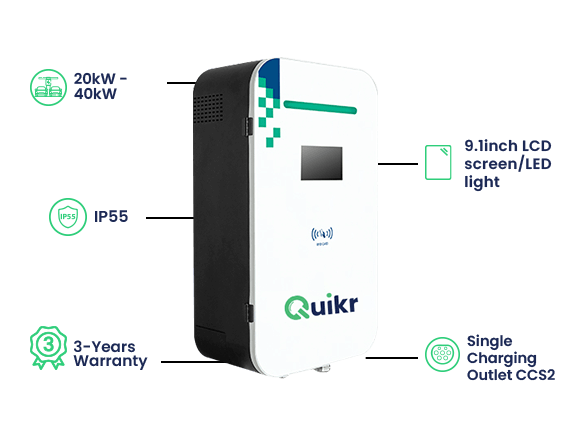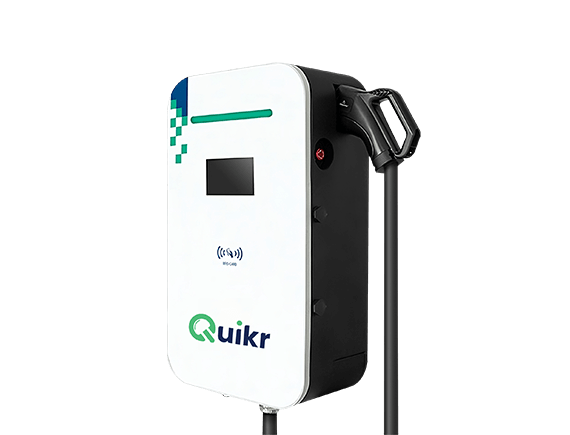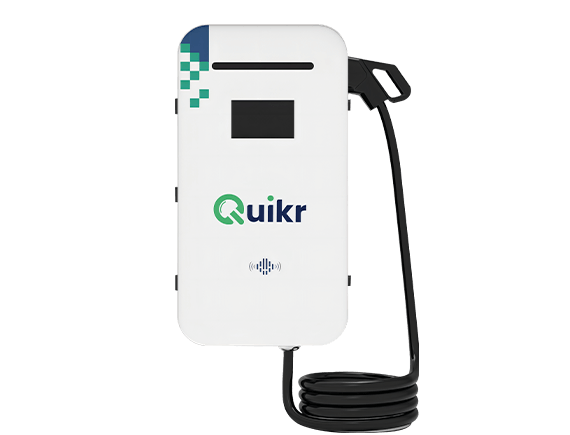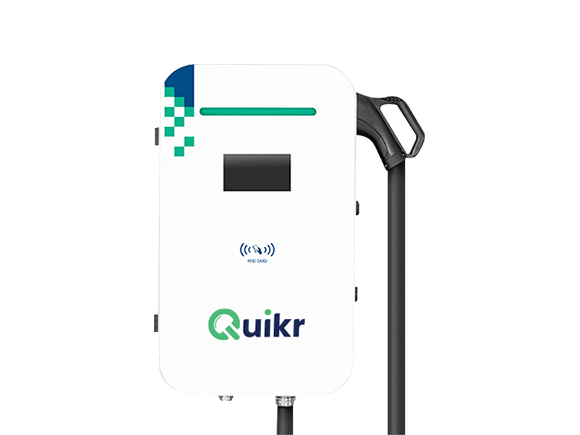In today’s world, electric vehicles (EVs) are becoming increasingly popular due to their environmental benefits and cost savings on fuel. One of the key components of owning an EV is having a reliable and efficient EV wall charger. In this article, we will explore all you need to know about EV wall chargers, including their types, amperage, voltage, and how to choose the right one for your needs.
What is a Wall Mounted Charger?

A wall mounted charger is a type of EV wall charger that is fixed to a wall for easy access and convenience. It is a popular choice for homeowners and businesses looking to have a dedicated charging station for their EV.
Can You Charge an EV with a Wall Charger?
Yes, you can charge an EV with a wall charger. An EV wall charger, also known as an electric vehicle supply equipment (EVSE), is a device that allows you to charge your EV from a residential or commercial power source. It provides a safe and efficient way to recharge your EV’s battery.
How Many Amps for EV Wall Charger?
The amperage for an EV wall charger typically ranges from 16 to 50 amps. The higher the amperage, the faster your EV can charge. It is recommended to consult with a professional electrician to determine the appropriate amperage for your specific EV model.
What Are the Different Types of EV Wall Chargers?
There are several types of EV wall chargers available on the market, including Level 1, Level 2, and DC fast chargers. Level 1 chargers are the most basic and can be plugged into a standard 120V outlet. Level 2 chargers require a 240V outlet and provide faster charging speeds. DC fast chargers are even faster and are typically found at public charging stations.
Can I Plug My EV Directly into a 240V Outlet?
While it is possible to plug your EV directly into a 240V outlet using an adapter, it is not recommended. Doing so can cause damage to your EV’s battery and electrical system. It is best to use a dedicated EV wall charger for safe and efficient charging.
What Voltage is EV Wall Charger?
An EV wall charger typically operates at 240V, which allows for faster charging times compared to a standard 120V outlet. This higher voltage is necessary to provide the power needed to recharge an EV’s battery efficiently.
How Do EV Wall Chargers Work?
EV wall chargers work by converting AC power from the electrical grid into DC power that is compatible with an EV’s battery. The charger communicates with the EV to determine the optimal charging rate and monitors the battery’s state of charge to prevent overcharging.
Do I Need an EV Wall Charger?
While you can charge your EV using a standard outlet, an EV wall charger offers faster charging speeds and convenience. If you plan on owning an EV long-term, investing in a dedicated EV wall charger is a wise choice.
Is a Wall Charger Better Than a Car Charger?

A wall charger is typically better than a portable car charger in terms of charging speed and convenience. A wall charger provides a stable and reliable power source for your EV, while a car charger may be limited by the power output of the vehicle.
Should I Get a 3.6 kW or 7kW Charger?
The choice between a 3.6 kW and 7 kW charger depends on your EV’s battery capacity and charging needs. A 7 kW charger will provide faster charging speeds, but a 3.6 kW charger may be sufficient for daily charging needs. Consider your EV’s battery size and your daily driving habits when choosing a charger.
How Do I Choose an EV Wall Charger?
When choosing an EV wall charger, consider factors such as amperage, voltage, charging speed, and compatibility with your EV model. Consult with an electrician to determine the best charger for your specific needs and budget.
How Many Watts is an EV Wall Charger?
The wattage of an EV wall charger depends on the charger’s voltage and amperage. For example, a 240V charger with 40 amps would be 9.6 kW (240V x 40A = 9600 watts). Higher wattage chargers will provide faster charging speeds.
Can I Charge My EV with a Normal Plug Socket?
While it is possible to charge your EV with a standard 120V outlet, it is not recommended for regular use. A standard outlet is much slower than a dedicated EV wall charger and may not provide enough power to charge your EV efficiently.
Can You Charge an EV From a Wall Outlet?

Yes, you can charge an EV from a wall outlet, but it may not be the most efficient or convenient option. Wall outlets are typically slower than dedicated EV wall chargers and may not provide enough power for faster charging speeds.
Can I Charge My EV at Any Charger?
Most EVs are compatible with a variety of chargers, including Level 1, Level 2, and DC fast chargers. It is important to check your EV’s specifications to ensure compatibility with different types of chargers.
Can You Charge an EV with a Regular Extension Cord?
It is not recommended to charge an EV with a regular extension cord, as it may not be rated for the high power draw of an EV charger. Using an extension cord can pose a safety hazard and cause damage to your EV’s battery.
In conclusion, having an EV wall charger is essential for convenient and efficient charging of your electric vehicle. Consider factors such as amperage, voltage, charging speed, and compatibility when choosing the right charger for your needs. Consult with an electrician to ensure proper installation and safe operation of your EV wall charger.





